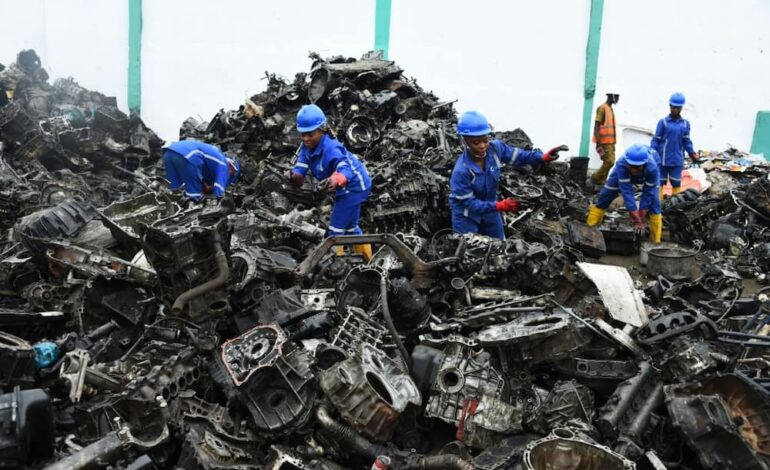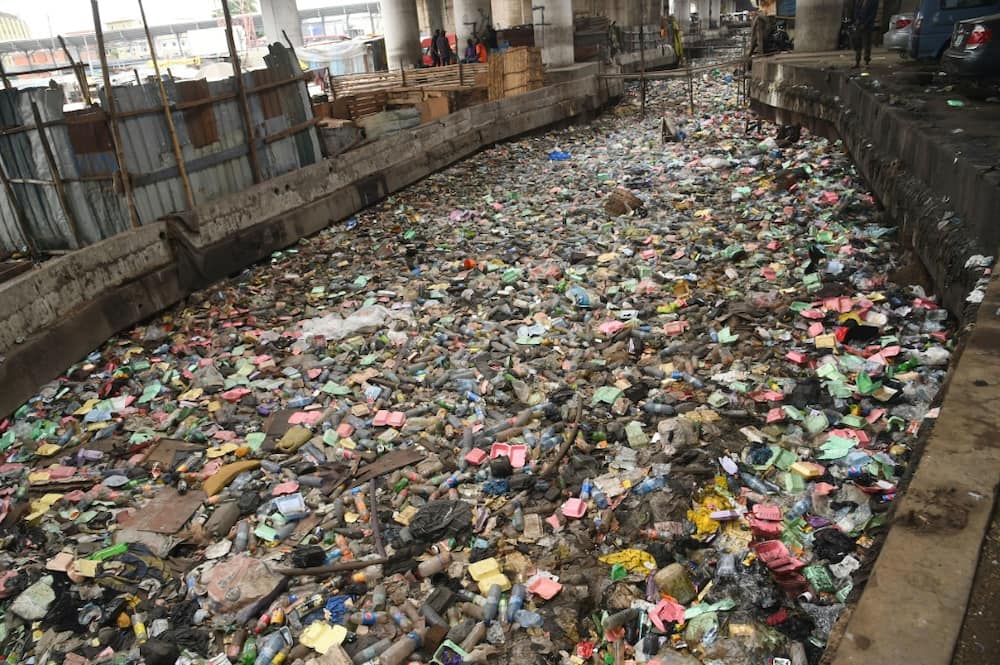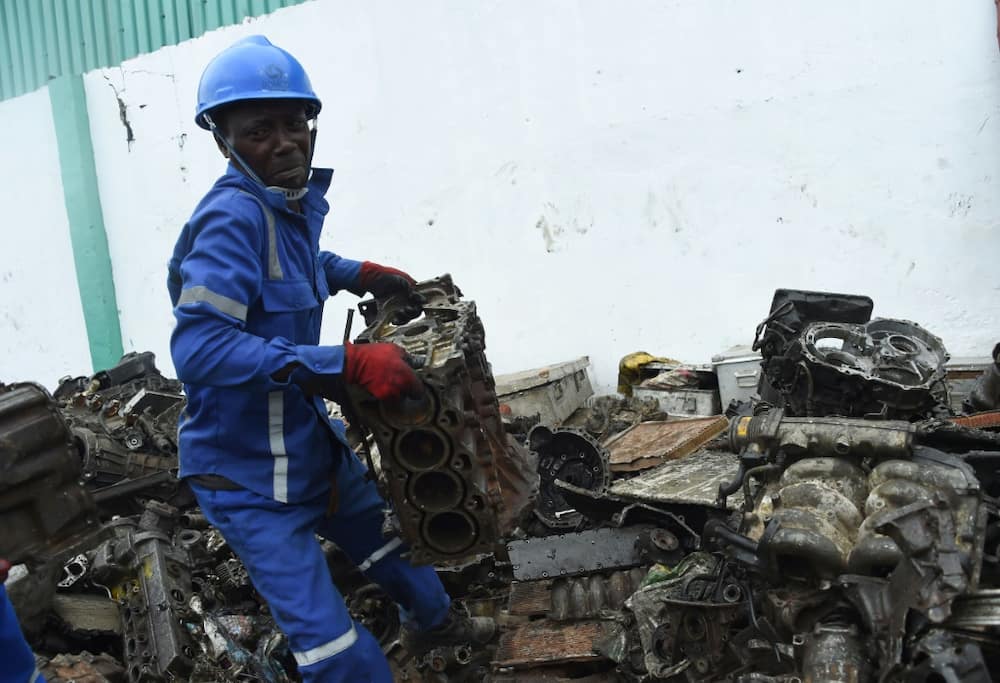
Ekeomah Atuonwu
Massive landfills and trash mounds strewn across roadways are an eyesore in Nigeria. The collection, sorting, and recycling of rubbish is depressingly uncommon in the country with the largest economy and population in Africa. There is, however, some good news. Despite the many obstacles, some entrepreneurs are making a valiant effort to conquer the garbage mountain.
In 2015, Romco Metals began recycling aluminum at its facility outside of Lagos, spurred on by a rise in demand for the strong, lightweight metal on a global scale.

Thanks to successful operations, the company constructed a second facility outside of Accra, Ghana’s capital and now has ambitions to create at least three other factories across Africa and triple production by 2025. After steel, aluminum is the second-most-used metal in the world and is extensively employed in building, healthcare, and automobile manufacturing.
“Electric vehicles require more durable lighter material such as aluminium, and that’s where our materials end up,” said the company’s youthful founder, 32-year-old Raymond Onovwigun.
JOB CREATION
Out of a monthly capacity of 3,000 tonnes, the British-registered company Romco melts and recycles about 1,500 tonnes of waste aluminum. In this labor-intensive industry, it claims to have created 450 direct jobs, totaling 5,000, and it expects to triple that number within a year. Community leader
Madugu owns a warehouse in northwest Katsina where he receives scrap metal from vendors from all across the state and even from neighboring states.

Although the price varies, he might earn up to 26 million naira (about $60,000) for one truck. A huge issue is that only a small portion of waste in Nigeria, which has over 210 million customers, is recycled. Most of the plastic, metal, and glass that are regularly collected and processed in sophisticated nations are thrown out. According to statistics from the UN Industrial Development Organization , Nigeria releases 200,000 tonnes of plastic into the Atlantic every year.
According to Ibrahim Adejuwon Odumboni, managing director of the Lagos State Management Agency, fewer than 10% of all recyclables are being collected in Lagos alone, a city with more than 20 million residents.
In contrast, according to British figures, more than 41% of the rubbish collected by local authorities in the UK last year was recycled. Recycling efforts are commendable, according to Odumboni, but manufacturers of aluminum beverage cans and other items need to do more. “We need the manufacturers to invest in the collection system,” he added.
“We currently don’t have that in Nigeria. In many places of the world, a portion of what producers sell is going into the recovery of items.
We would simply be going around in circles if businesses that sell aluminum items “were not held accountable (for collecting rubbish).”

He blames poor legislation but says an improved law on Extended Producer Responsibility (EPR) is currently being discussed in the state house of assembly.
EPR is an environmental policy in place in many countries that gives producers incentives to take responsibility for their products after they are used.
Another challenge for recyclers is carbon emissions from the energy they use to crush, shred or melt old materials. Romco, for instance, uses compressed natural gas to turn the aluminium into ingots.
“(It) is still a fossil fuel but the best, most efficient fossil fuel. It doesn’t contain lead or sulphur,” said Onovwigun. The company says, however, that it wants to be independent of fossil fuels and is “exploring the potential of using solar, green hydrogen, and biofuels.”




